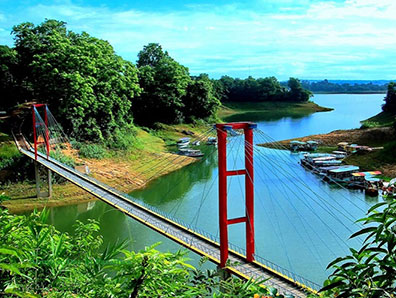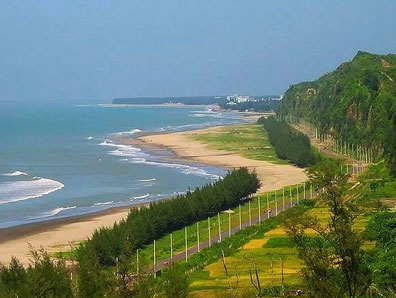Libya is a country located in North Africa, bordered by Egypt to the east, Sudan to the southeast, Chad and Niger to the south, and Tunisia and Algeria to the west. The capital and largest city is Tripoli. The population of Libya is around 6.5 million people.
Libya has been in a state of political turmoil since the 2011 overthrow of long-time dictator Muammar Gaddafi, and has been led by different factions and governments. Currently, it has two main rival governments, one based in the capital of Tripoli, recognized by the United Nations and the other based in the city of Tobruk in the east, supported by a Libyan National Army.
The economy of Libya is heavily dependent on oil and gas exports. The country has the largest proven oil reserves in Africa and is a major exporter of oil to Europe. The government has been implementing economic reforms and trying to attract foreign investment to diversify the economy and create jobs. However, the ongoing political instability has severely impacted the economy and its ability to effectively govern the country.
Libya has a rich cultural heritage, with a history dating back to ancient times. The country is known for its natural beauty, including the Sahara Desert and the Gulf of Sirte. Libya is also known for its traditional culture and customs, such as the Sufi Ramadan celebrations, as well as its traditional music, dance, and art.
However, the ongoing civil war and political instability have severely impacted the country, causing significant damage to infrastructure and cultural sites, and resulting in a humanitarian crisis.


